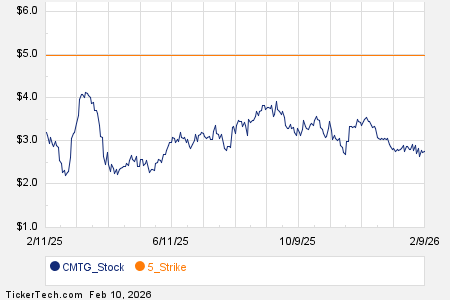MetLife’s Growth Stalls Despite Overall Stock Gains
MetLife (NYSE:MET), the largest life insurance provider in the U.S., has experienced a stock increase of 28% over the past year. This figure outpaces a 23% return for the S&P 500 index during the same time frame. In contrast, MetLife’s competitor, Prudential Financial (NYSE:PRU), recorded a 19% rise in its stock. With this context, let’s explore the factors affecting MET stock and its future possibilities.
Mixed Q3 Results Raise Concerns
Recently, MetLife’s Q3 results fell short of expectations. The company’s adjusted operating revenues dropped by 3.4% year-over-year to $17.6 billion. Premiums, fees, and other revenues decreased by roughly 5%, despite an 8% increase in investment-related income. Adjusted earnings per share were reported at $1.93, largely influenced by rising expenses, which surged 7.3% compared to the previous year. The group’s benefits sector struggled recently, suffering from weaker non-medical health underwriting and its yearly actuarial assumption review.
Comparative Stock Performance
While MetLife shares have seen inconsistent growth, the Trefis High Quality (HQ) Portfolio, comprising 30 strong stocks, has performed better with less risk than the S&P 500 over the past four years. This performance suggests a steadier investment path compared to the volatility associated with MetLife. Is the current MET stock price attractive for potential investors?
Potential Trends Supporting Growth
Several ongoing trends may bolster MetLife’s stock in the near future. For instance, the U.S. Federal Reserve indicates a gradual approach to monetary easing, which can favor MetLife as a life insurer. Unlike automotive or general insurers, which depend on shorter-term policies, life insurers often have long-term bond-driven strategies that react more sensitively to interest rates. Furthermore, Donald Trump’s election as President could lead to lower regulatory burden and tax cuts, enhancing profitability for firms like MetLife. Additionally, MetLife’s growing dividend yield and robust share buyback program may support stock gains over time. Currently, MET shares trade at approximately $82 each, representing a 5% discount from Trefis’s estimated valuation of $86 per share.
| Returns | Jan 2025 MTD [1] |
Since start of 2024 [1] |
2017-25 Total [2] |
| MET Return | 0% | 28% | 124% |
| S&P 500 Return | 0% | 23% | 163% |
| Trefis Reinforced Value Portfolio | 0% | 16% | 748% |
[1] Returns as of 1/2/2025
[2] Cumulative total returns since the end of 2016
Invest with Trefis Market-Beating Portfolios
See all Trefis Price Estimates
The views and opinions expressed herein are the views and opinions of the author and do not necessarily reflect those of Nasdaq, Inc.





